Foraged Salad Greens from Your Own Backyard
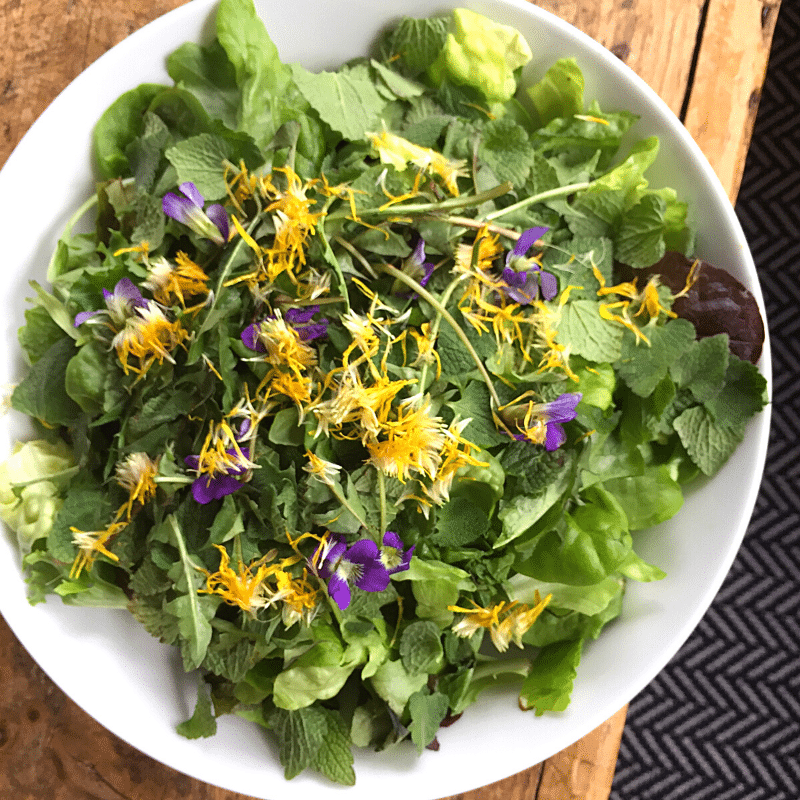
This post may contain affiliate links, which means I make a small commission at no extra cost to you.
See my full disclosure here.
Eating fresh salad greens from your own veggie garden is pretty cool, but you know what’s even better? Eating foraged salad greens from your own backyard.
Like my son said the other day, It’s like a garden you didn’t have to grow! Zero work with a huge payoff. Sounds pretty good, right?
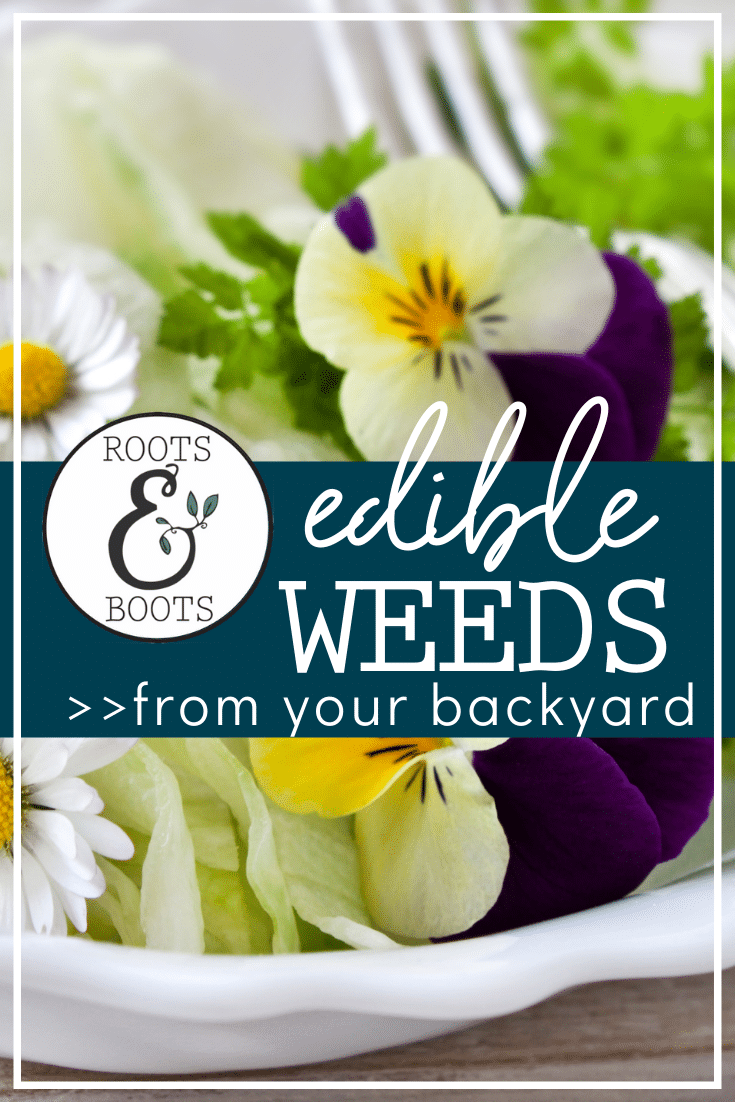
Below, I’ll share four “weeds” we’ve consumed with delight, with a few tips to keep in mind as you harvest those foraged salad greens. I even made a little video to show you these weeds from my own backyard…
Foraged Salad Greens: 4 Weeds You Can Eat!
We live in northern Virginia. All four edible weeds listed below grow quite bountifully in our own yard and in other spots nearby.
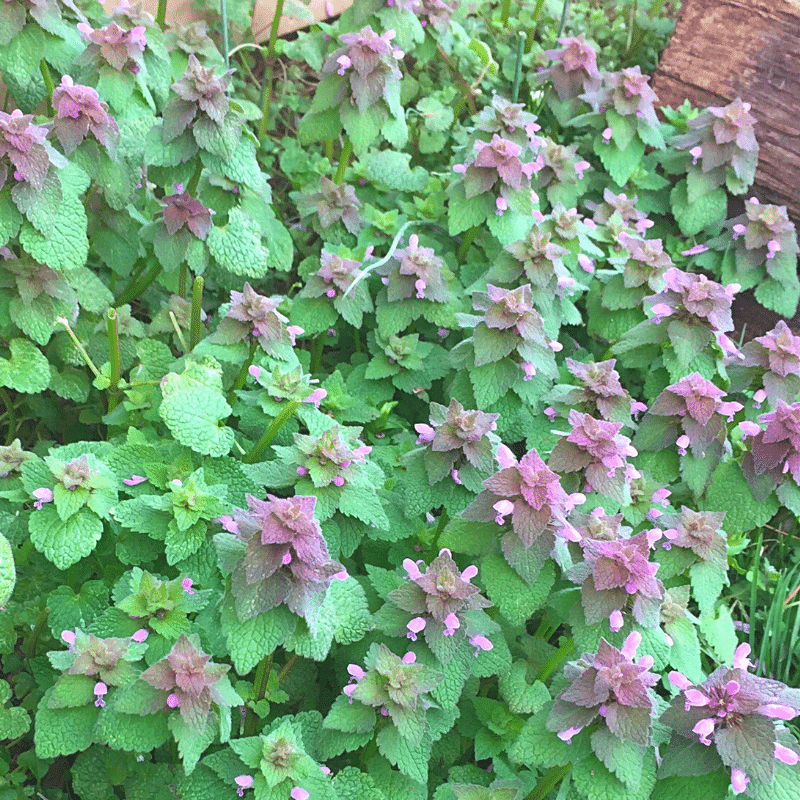
1. Purple Dead Nettle
Benefits: The leaves of this common weed are pretty nutritious, providing iron, vitamins & fiber.
How we use it: I love the taste of this edible weed! We strip the leaves and add them to our salad.
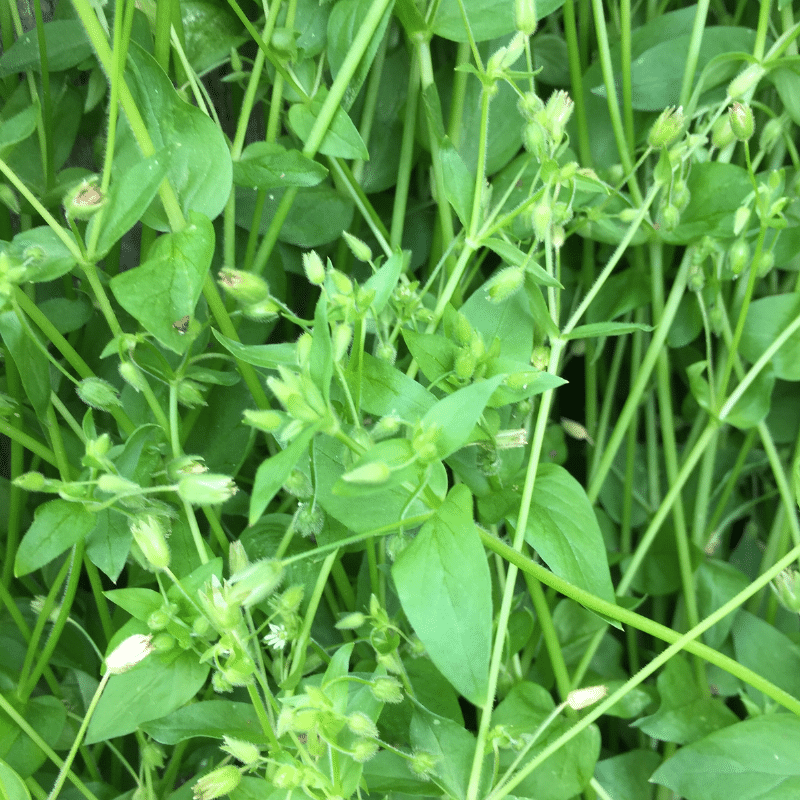
2. Chickweed
Benefits: Chickweed is a great source of vitamins and minerals. It can help with cholesterol levels, inflammation, circulation, exhaustion, and more. Wow!
How we use it: This one took me a bit longer to feel confident identifying. I studied googled images until I was relatively sure it was chickweed. You can eat the whole plant: stems, leaves, flowers. Use it in salads, sandwiches, smoothies–just toss it all in there! I’ve heard it’s good sauteed, too.
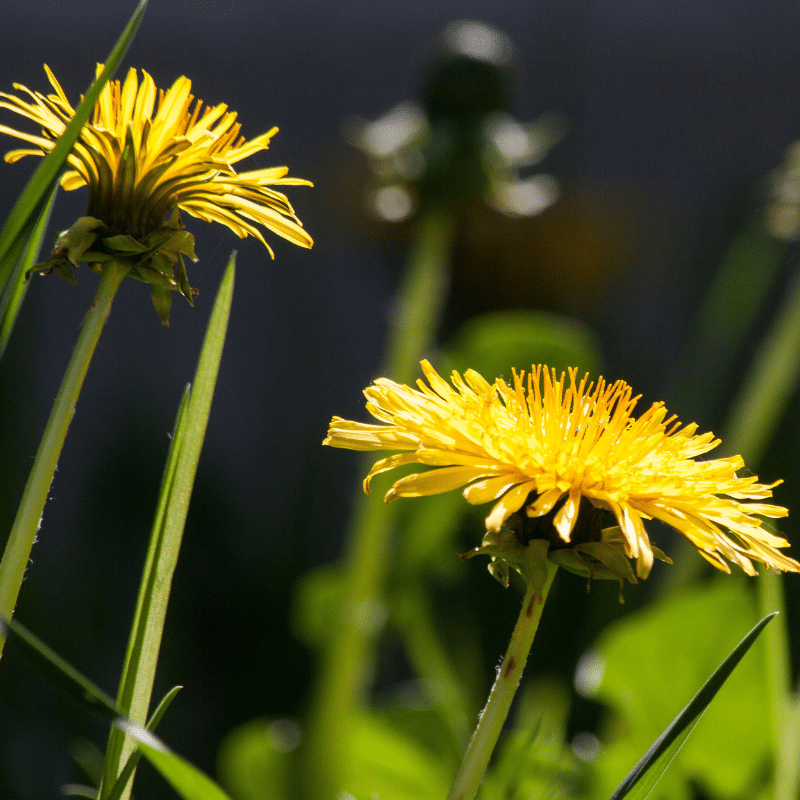
3. Dandelion
Benefits: It turns out this scorned “weed” is actually a super food. Who knew? They’re packed with vitamins (A, K, C, & B) and minerals (calcium, iron, potassium, manganese, magnesium, and more). Many grocery stores now sell dandelion greens, which just cracks me up.
How we use it: We add the greens and yellow petals to our salads. Young, pale greens are best; older, larger greens can taste bitter.
By the way, have you tried Dandelion Root “Coffee”? I drink it instead of regular coffee. It’s so good!
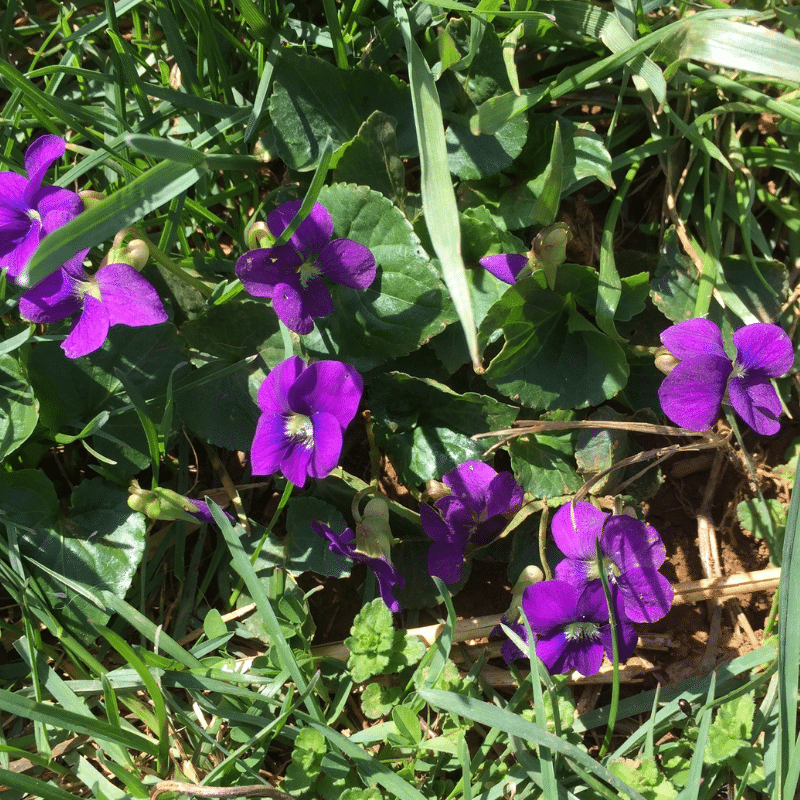
4. Wild Violet
Benefits: Violet flowers provide vitamins A and C, are high in antioxidants, and can even help to calm respiratory troubles.
How we use it: Along with yellow dandelion petals, these bright purple flowers will make your foraged salad greens really beautiful!
Tips for Safe Foraging
- Bring a collection vessel or two: bucket, basket, bag, colander.
- Be sure to forage in pesticide-free areas.
- Eat only those plants you’ve identified as edible. Use a guide or google images.
- Wash the greens before eating! We use a salad spinner to dry the leaves.
Have you foraged salad greens? Which weeds are your favorites? How do you eat them?
22 NOURISHING GLUTEN-FREE SOUP RECIPES
Simplify your dinner prep with these tasty, nourishing soups!
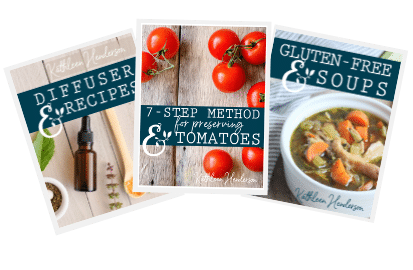
Sign up NOW for my best tips delivered weekly to your inbox!
You’ll also get instant access to my library of free ebooks and resources.



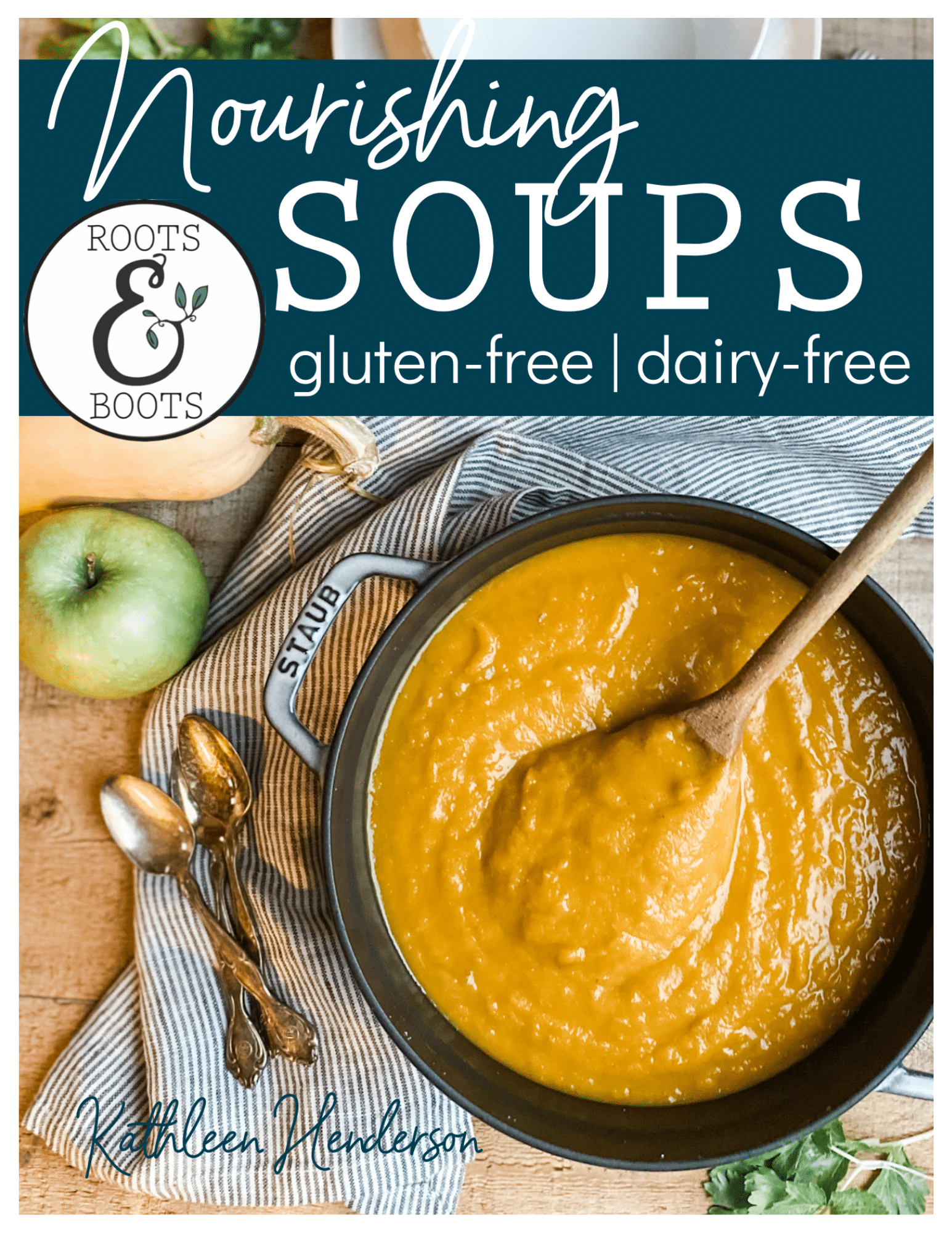

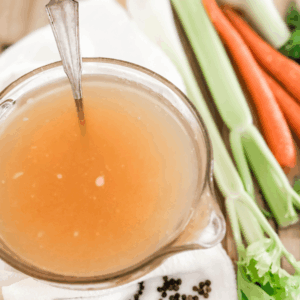
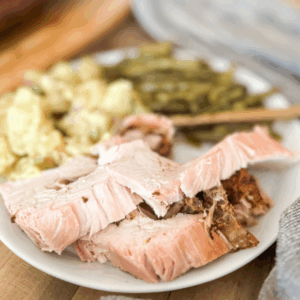
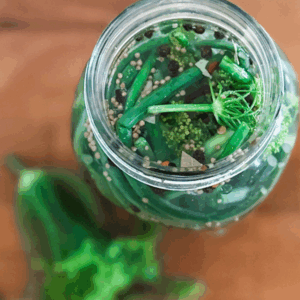
Leave a Comment